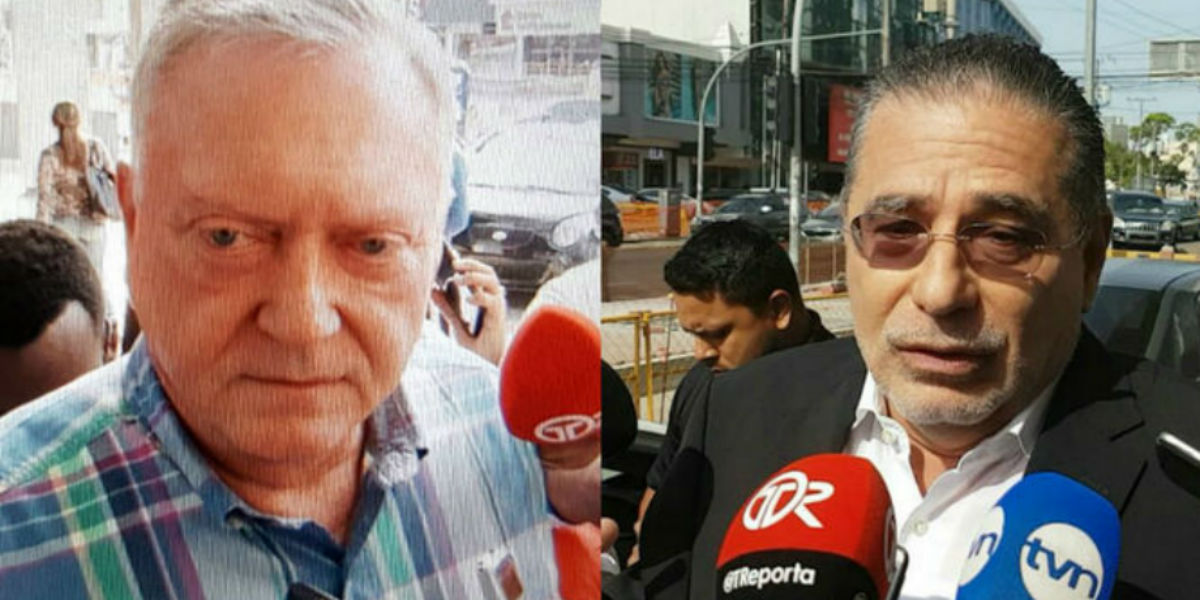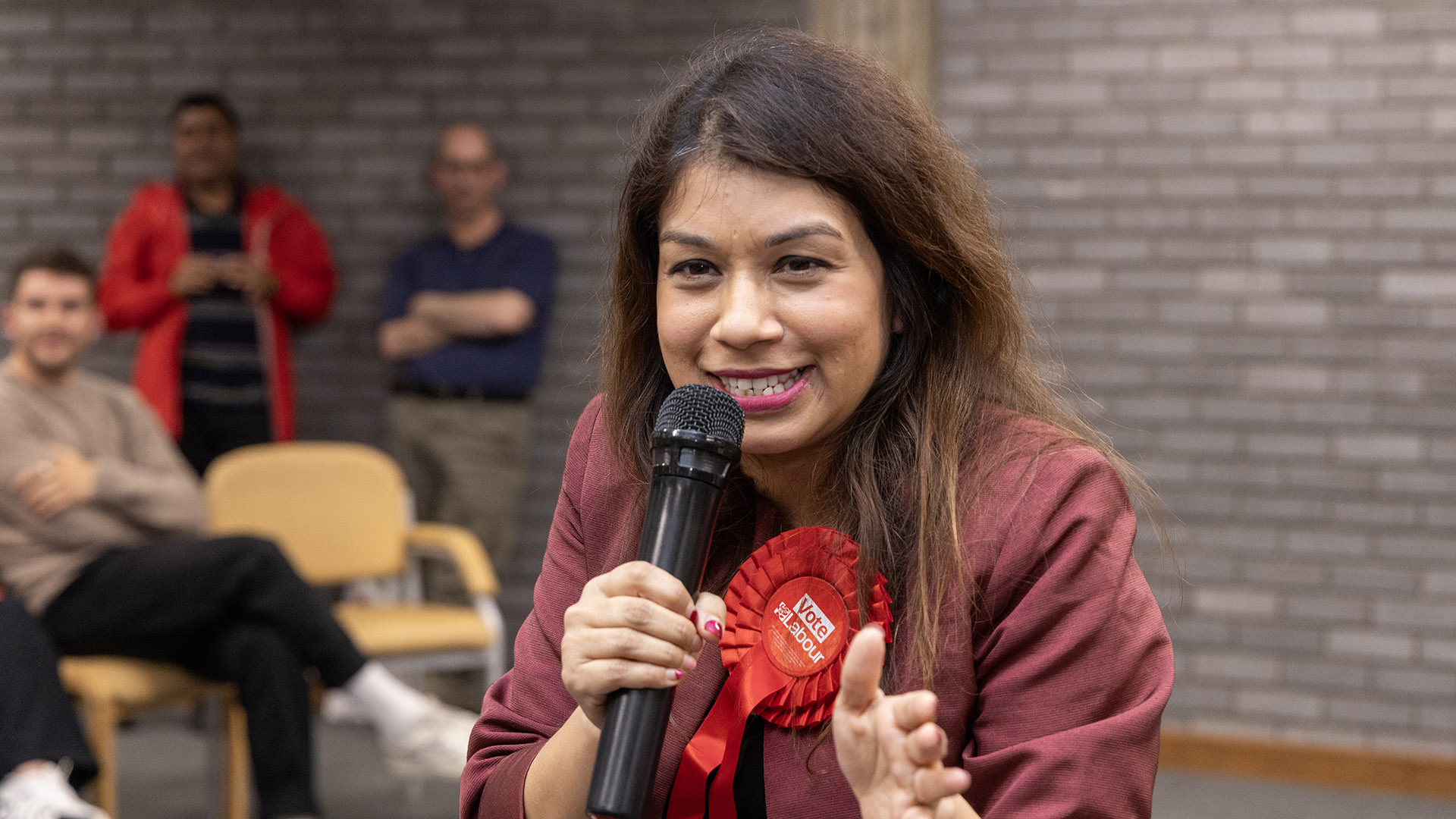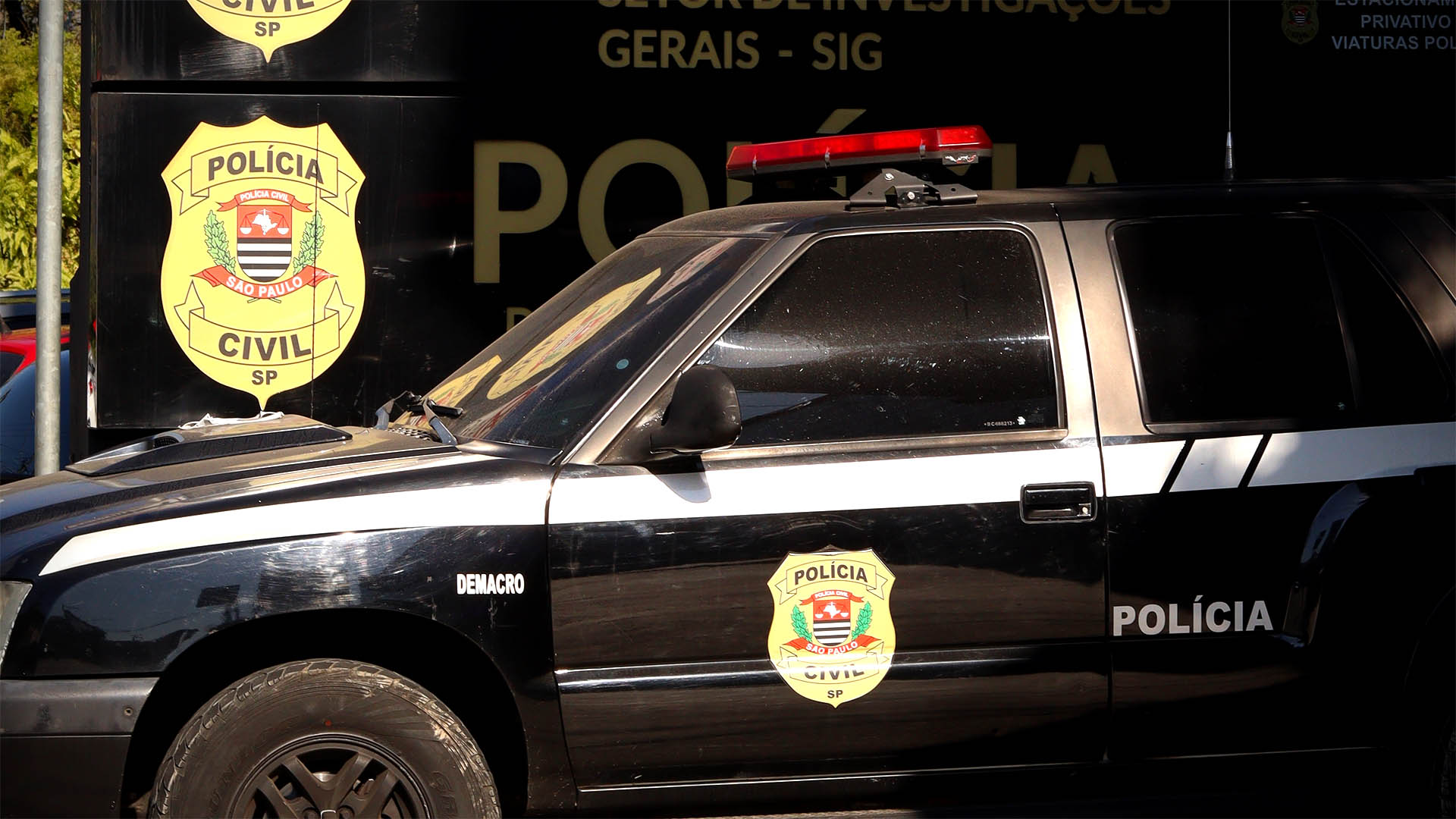Police in Panama arrested the founders of Mossack Fonseca, the law firm at the center of the Panama Papers scandal, on money laundering charges after authorities raided the firm’s headquarters as part of investigations into Brazil’s largest-ever bribery scandal.
The firm’s founding partners, Ramón Fonseca and Jürgen Mossack, were taken into police custody on Thursday, according to the men’s lawyer. Kenia Porcell, Panama’s attorney general, released a statement that said evidence gathered by her office indicated that the law firm was a potential “criminal organization” that concealed and removed evidence related to “illegal activity.”
Both Fonseca and Mossack are well-known in business and political circles in Panama. Fonseca is a former adviser to Panama’s president, Juan Varela, and Mossack served on Panama’s council on foreign relations from 2009 to 2014.
They have consistently denied any wrongdoing. Their law firm says that it is not at fault in cases in which offshore companies it set up for clients were later used for illegitimate purposes. The firm told ICIJ last year that it follows “both the letter and spirit of the law.”
Mossack Fonseca issued a statement Thursday that accused Panamanian officials of “an attempt to divert the attention from those who really merit a deep and proactive investigation.” It said authorities “have not presented a single piece of evidence that shows us guilty.”
The arrests come 10 months after the Panama Papers investigation by ICIJ and other media partners revealed that Mossack Fonseca had set up or managed offshore companies and other hard-to-trace corporate structures for world leaders, drug kingpins, American fraudsters and other clients. ICIJ, German daily Süddeutsche Zeitung and more than 100 other media partners worked together to investigate a trove of 11.5 million leaked documents detailing the law firm’s day-to-day operations over nearly 40 years.
Shortly before the media partnership began releasing its findings, Brazilian and Panamanian authorities began targeting Mossack Fonseca as part of a wide-ranging bribery investigation in Brazil – dubbed Lava Jato (“Operation Car Wash”) – that has led to criminal charges against leading Brazilian politicians. Brazilian prosecutors said in January 2016 that they were investigating the law firm’s alleged role in helping individuals involved in the multi-million-dollar bribery case use offshore companies to launder money.
Porcell, Panama’s attorney general, said in her statement that bribe money circulated through various companies and was then “laundered or washed through Panama.”
The business dealings of Odebrecht, a Brazil-based construction conglomerate, has been a focus of the Lava Jato investigation. In December, Odebrecht pleaded guilty in the United States and reached settlements with authorities in Switzerland and Brazil over allegations that it paid millions of dollars in bribes to government officials on three continents.
After Thursday’s surprise raid, Ramón Fonseca lashed out at President Varela, telling reporters that Varela had told him the president had accepted money from Odebrecht, the Brazilian construction company, “because he couldn’t fight everyone.” Varela said the contributions were donations, not bribes.
Despite official statements that Thursday’s raid and detentions were related to Brazil’s Lava Jato case, Mossack Fonseca’s Twitter account posted an image of a search warrant from the attorney general’s office that referred to “a criminal investigation into alleged economic crimes, in particular money laundering, that has its origins in the journalistic investigation ‘Panama Papers.’”
¿Caso #LavaJato? Aquí está la orden de allanamiento que indica que es por #PanamaPapers . #MossackFonseca pic.twitter.com/mIvoiJnIlU
— Mossack Fonseca (@Mossfon) February 10, 2017
“The documents obtained by the International Consortium of Investigative Journalists (ICIJ) are related to the creation and sale of offshore companies by the Panamanian law firm Mossack Fonseca,” the document from the attorney general’s office said. The companies were “allegedly used for laundering millions of dollars from multiple illicit activities around the world.”
“Lava Jato case?” Mossack Fonseca tweeted. “Here is a search warrant indicating that it is #PanamaPapers.”
“It’s really confusing,” Guillermina MacDonald, Mossack Fonseca’s lawyer, told ICIJ in a telephone interview Friday afternoon.
MacDonald confirmed that Mossack Fonseca had received the official document that referred to the Panama Papers but said that when she visited the attorney general’s office, she was provided information related to Lava Jato.
MacDonald said she waited for four hours at the attorney general’s office and was then denied access to complete documentation relating to charges relating to the firm.
“The attorney general’s office doesn’t show its face,” she said.
A spokeswoman for Panama’s attorney general told ICIJ the arrests related to Lava Jato only.
The raid comes during a busy month for Mossack Fonseca and related corruption and bribery scandals.
This week, Ojo Publico, a Peruvian news outlet that collaborated with ICIJ on the Panama Papers investigation, reported that Mossack Fonseca had created offshore companies for middlemen recently accused by Peruvian authorities of helping to channel bribes to Peru’s former president, Alejandro Toledo.
Toledo is currently under investigation in Peru as part of a probe into $800 million in bribes paid across Latin America by the Odebrecht conglomerate. A judge in Peru issued an arrest warrant Thursday for Toledo, citing a “high degree of probability” that the former president took up to $20 million in bribes in exchange for awarding Odebrecht public contracts during his time in office.
Separately, Mossack Fonseca is in court fighting Panama’s anti-corruption prosecutor, who was recently granted the power to indefinitely extend his investigation of the firm in relation to the Panama Papers.




